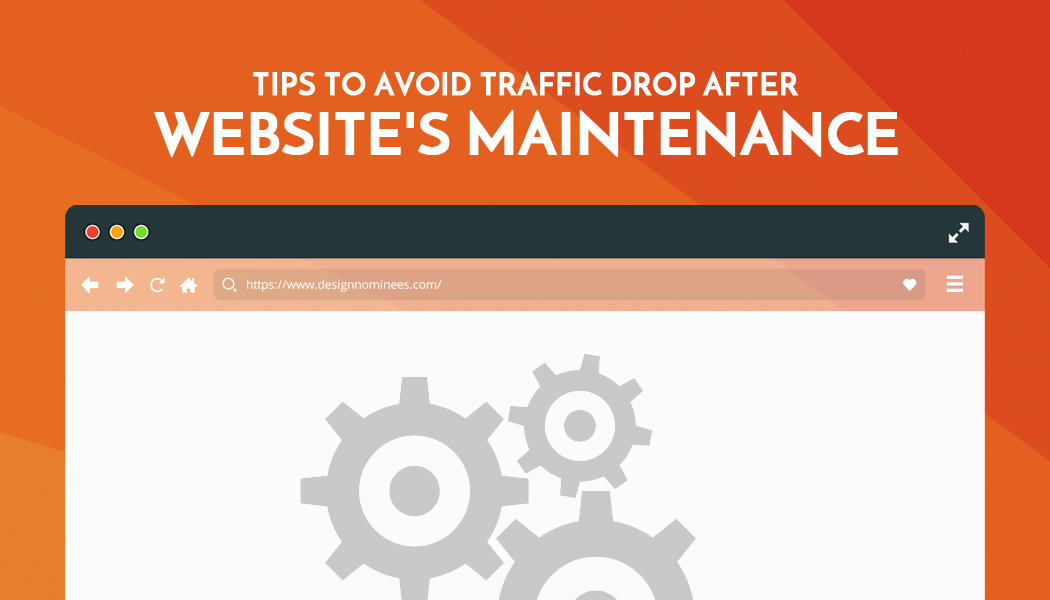10 Things Your Business Needs To Succeed On Social Media
In the modern business world, there are few things more important to the success of a small business than social media. Your social media strategy defines how you interact with your chosen demographic; it's how you'll publicise your content and how you'll get engagement on that content. It wouldn't be an overstatement to say that social media is key to a business' operations, no matter how big or small it might be.
With that in mind, the importance of having a sound social media strategy for your business should be obvious. Most businesses will hire dedicated social media personnel, but if you can't do that, then running a social media campaign yourself is just as good an option. You'll need to navigate the difficult and thorny world of social media if you want to succeed. Here are ten things your business will need in order to do that.
1. SEO (search engine optimisation)
Search engine optimisation is crucial to most of your business’ content, but it’s especially important when it comes to social media. Without sound SEO in your content, you’ll struggle to get organic engagement and won’t be able to help people find your stuff. You may need to hire an SEO expert to help you craft this content because SEO isn’t as easy as you might immediately think it is.
2. A plan
It's not a good idea to simply begin posting content and calls to action on social media without first crafting a concrete plan. If you're new to social media, this should be fairly straightforward; think about who constitutes your central demographic and craft content that's tailored for them. If you're already running social media, audit your presence and make sure it's being tailored to the correct audience.
3. Demographic research
Demographics are king for small business and large ones alike, so knowing who you're pitching to is absolutely crucial if you want to succeed on social media. Different audiences engage with content in different ways, so pitching your content wrong can result in a significant drop in your organic engagement. Conduct market research into who uses your products and why. Consider looking into creating a social media pitch deck to help your business.
4. A solid network
One of the most effective ways to draw organic traffic to your social media pages is to network with other businesses that are targeting similar demographics to you. If you can get other businesses to help you find an audience and get them to engage with your content, then perhaps you can trade that for some of your services in the future. A professional network is vital for social media engagement.
5. Good platform understanding
Knowing which platform is right for you - and which one you should stay away from - is incredibly important. Different audiences use different social media networks; right now, teens and younger people tend to favour Instagram or Snapchat, while older folks skew towards Twitter or Facebook. Knowing that - and knowing how to pitch your content accordingly - gives you the edge on social media.
6. Video content
It's been proven that video engages people more than other types of media do. This may be because video feels more personal; you're actually watching another person, so you can connect with them in terms of body language and tone of voice. It's important to create video content for your brand no matter which demographic you're pitching towards, so make sure you've got a good video content producer. Using an online AI video editor can simplify the process, allowing you to produce high-quality, engaging videos efficiently while saving time and resources.
7. Consistent visual branding
People need to know how to identify your brand at a glance - what it's about, what it provides, and why they should opt for it instead of its competitors. Creating consistent visual branding across social media is very important. Make sure your banners, logos, and even your register are all consistent and don't waver between platforms. A dedicated social media manager will be able to handle all of this.
8. Proofreading
It might not sound too important, but believe us when we say that proofreading is vital for success on social media. Nobody will engage with a brand whose posts are riddled with typos, grammatical errors, and similar; it'll make the brand look amateurish and poorly-realised. You can, of course, proofread content yourself, but for true peace of mind, you may wish to look into hiring a dedicated proofreader.
9. A good balance between quality and quantity
Many blogs will tell you that quality is more important than quantity, and to an extent, this is certainly true. However, it's also true that consistent engagement and a constant brand presence are extremely effective ways to get people to engage with your content on social media. You need to strike a happy balance between quality and quantity. Don't skimp on the former, but don't neglect the latter, either.
10. Analysis
If you want to succeed on social media, it's very important to consistently analyse what you do. This means you'll be able to track your posts, watch which ones are getting engagement and which ones aren't, and tailor your content accordingly. It's no good sticking with a strategy that simply isn't working for you. There are plenty of great social media analysis tools out there, so pick the one that's right for your brand.




